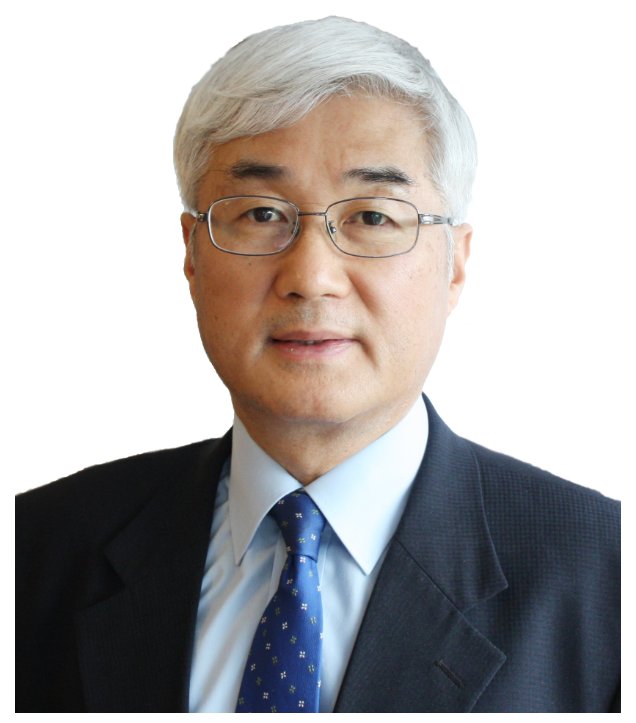 |
Ma Young-sam |
By Ma Young-sam
There is a region which has been overshadowed by great powers. Similar to a hospital’s emergency room, which people usually do not give attention to during normal daily life, but rush into in the case of health emergencies. This is the Arab region, a place where US President Joe Biden hurried to visit in the face of super economic inflation as an aftermath to the Ukraine crisis.
The Arab world still holds immense influence over the world economy as a fundamental oil resource. Although the US has placed itself as the number one country in oil production due to its shale oil development, the Middle East still manages about 52 percent of world oil reserves. Many states are doing their utmost to reduce carbon emissions and to develop renewable energy. However, fossil fuel still accounts for over 80 percent of total energy consumption. Some scholars predict that Arab countries can yield its oil power dominance for the next 100 years.
The Arab world is preparing for the future with its wealth made from oil. In parallel with the efforts for modernization through high-tech, the Arab region is doing a lot to promote liberalization and to improve women’s rights. The United Arab Emirates has successfully transformed fishing villages into the dreamland, and other Arab countries are busy carrying out their great visions into reality.
They also want to maintain their influence in the future energy markets, as they are heavily investing in the solar power, wind power and green hydropower. The UAE hosts the headquarters of the International Renewable Energy Agency. Qatar is magnificently upgrading its future while taking its opportunity to host the FIFA World Cup 2022. Furthermore, Oman is vigorously pursuing comprehensive and sustainable progress with the “Second Renaissance” spirit.
Other Arab countries along the North African Mediterranean are also driving great reforms and changes. After the “Arab Spring” swept the region from Tunisia, these countries are moving in the right direction. Moroccan people make fruitful efforts for liberalization, advancement and economic development under the great leadership. Algeria pushes forward economic reforms while fighting against corruption through transparent policies. Egypt has been strengthening green energy production and is now preparing for the COP 27 meeting to be held in Sharm El Sheikh this November.
Recently we have recognized that delicate changes are emerging in foreign policies of Middle Eastern countries. In the midst of US–China strategic confrontation, Russia’s advancement to expand its sphere of influence and unclear prospects over the Iranian nuclear deal, Arab countries are re-examining their traditional diplomatic lines. The Ukraine situation has even more so changed their positions on the votes of relevant UN resolutions and economic sanction issues related to a specific country.
During recent years, the US has been busy in disengaging from the Middle East by withdrawing its forces from Iraq and Afghanistan. But the US seems to be quite embarrassed by the policy changes of Middle Eastern countries. Against this background, President Biden’s recent visits to Israel, Palestine and Saudi Arabia were arranged. Winds of change also blow from the Abraham Accord in the relations between Israel and the UAE, Bahrain, Morocco and Sudan. The free trade agreement between the UAE and Israel also opened another chapter in Middle Eastern diplomacy.
Korea’s friendly relationship with the Middle East originated from the Three Kingdoms period from about 1,200 years ago. In recent years, Korea has maintained closer relations with the region thanks to ever-increasing oil trade, construction markets and shipbuilding cooperation. As the structure of these Arab industries changes to reflect future-oriented visions, Korea’s relationship with these societies is also being rearranged accordingly. Spectacular cooperation becomes evident in the fields of renewable energy, hydro economy and cutting-edge science such as AI. Many Korean companies are busily engaging in the giant construction plans of “Neom City” in Saudi Arabia, which has initiated great reforms and also in Kuwaiti’s various projects for its “National Vision 2035.”
It has become increasingly common to see Arab patients with traditional costumes being treated in hospitals in Korea. Some Korean hospitals are also operating in Arab countries. Last year, the UAE successfully launched a rocket into space, and some of those Emirati scientists had studied at Korea Advanced Institute of Science and Technology. In addition, Korean military forces are stationed in Arab countries and contribute to regional security. Recently, weapon deals have been made between Korea and Arab countries. This is a very meaningful development as such security cooperation can only be made through deep trust and friendship.
This year marks the 60th anniversary of diplomatic relations between Korea and Jordan, Morocco and Saudi Arabia. On such a happy occasion, Koreans can enjoy an authentic Jordanian cultural exhibition in Seoul.
However, in the Korea-Arab relationship there is an important issue which must be solved. Some Koreans have a negative image of the Arab region and/or the Middle East. Arabs and followers of Islam originally love peace, embrace others and care for poor people. Terrorist acts are usually committed by a small number of extremists, but some of us misunderstand it as a normal phenomenon of the Middle East.
To overcome this misunderstanding, the best approach is to promote mutual understanding through exchanges of people and culture. In this process, media and education can play big roles. In promoting relationships between countries, priority should be given to friendship and trust building rather than having a business mindset. Public diplomacy can work to this end.
Ma Young-sam is a former diplomat, currently serving as the secretary general of the Korea-Arab Society. – Ed.By Korea Herald (
khnews@heraldcorp.com)





![[Herald Interview] 'Trump will use tariffs as first line of defense for American manufacturing'](http://res.heraldm.com/phpwas/restmb_idxmake.php?idx=644&simg=/content/image/2024/11/26/20241126050017_0.jpg)

![[Exclusive] Hyundai Mobis eyes closer ties with BYD](http://res.heraldm.com/phpwas/restmb_idxmake.php?idx=644&simg=/content/image/2024/11/25/20241125050044_0.jpg)
![[Herald Review] 'Gangnam B-Side' combines social realism with masterful suspense, performance](http://res.heraldm.com/phpwas/restmb_idxmake.php?idx=644&simg=/content/image/2024/11/25/20241125050072_0.jpg)